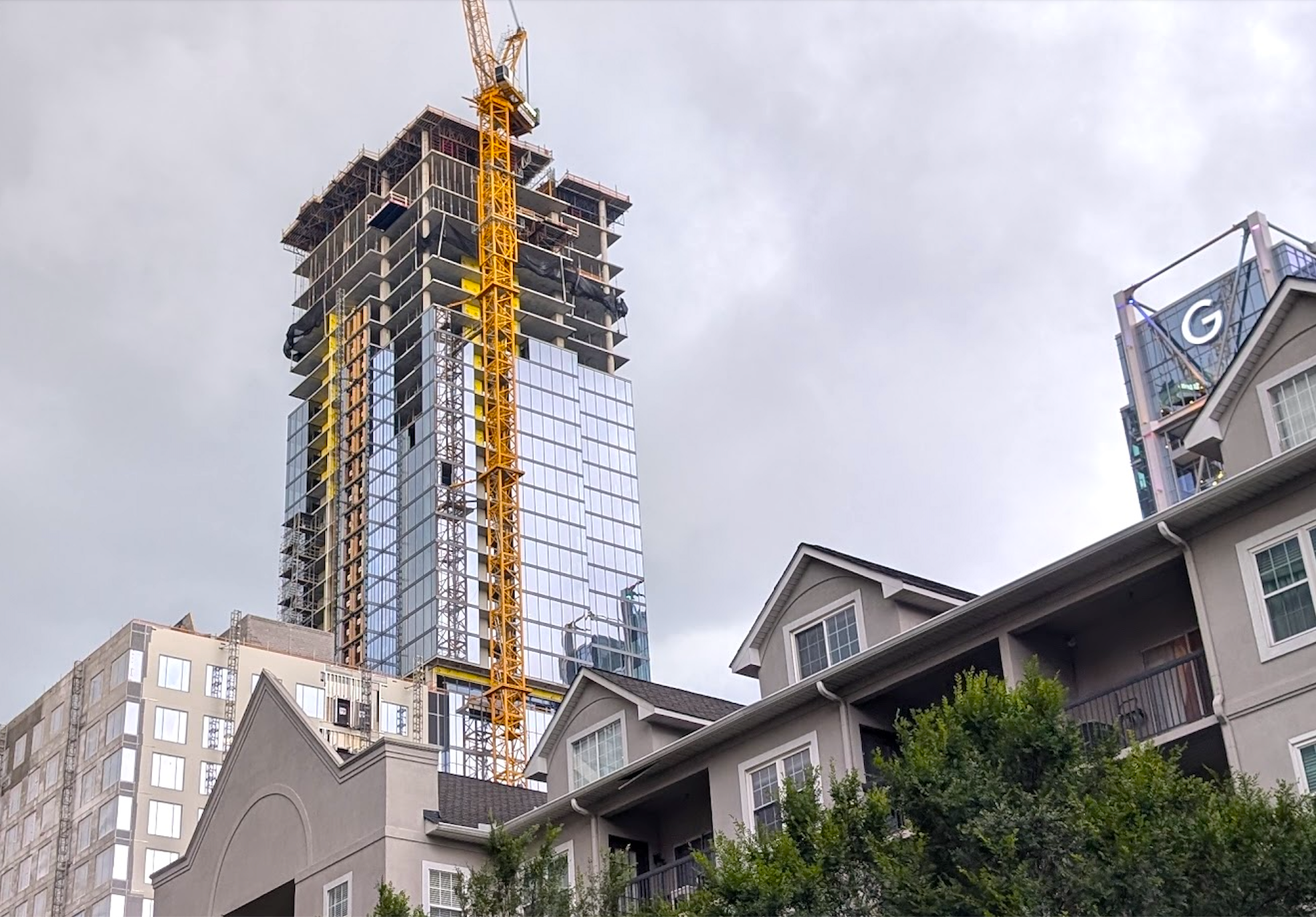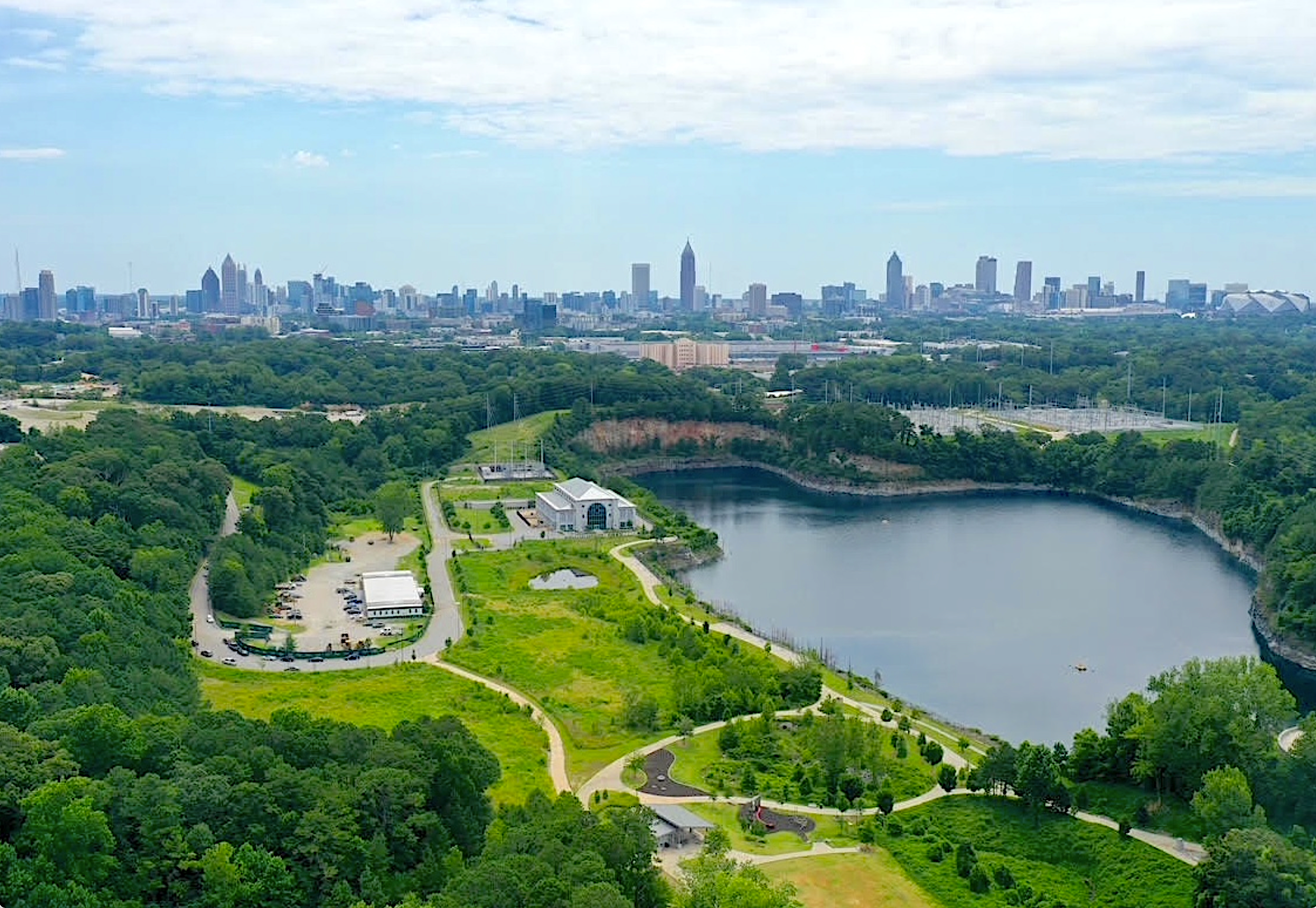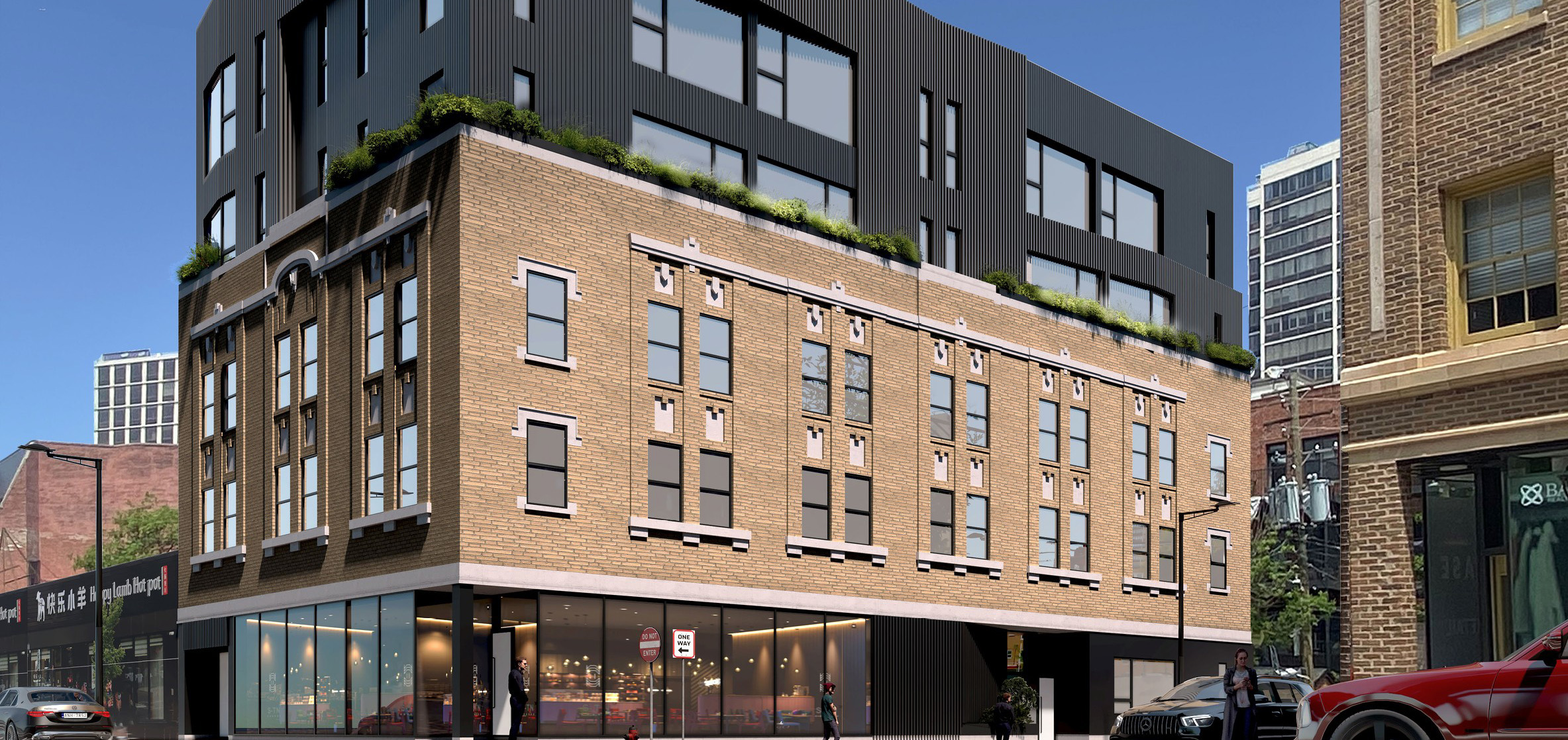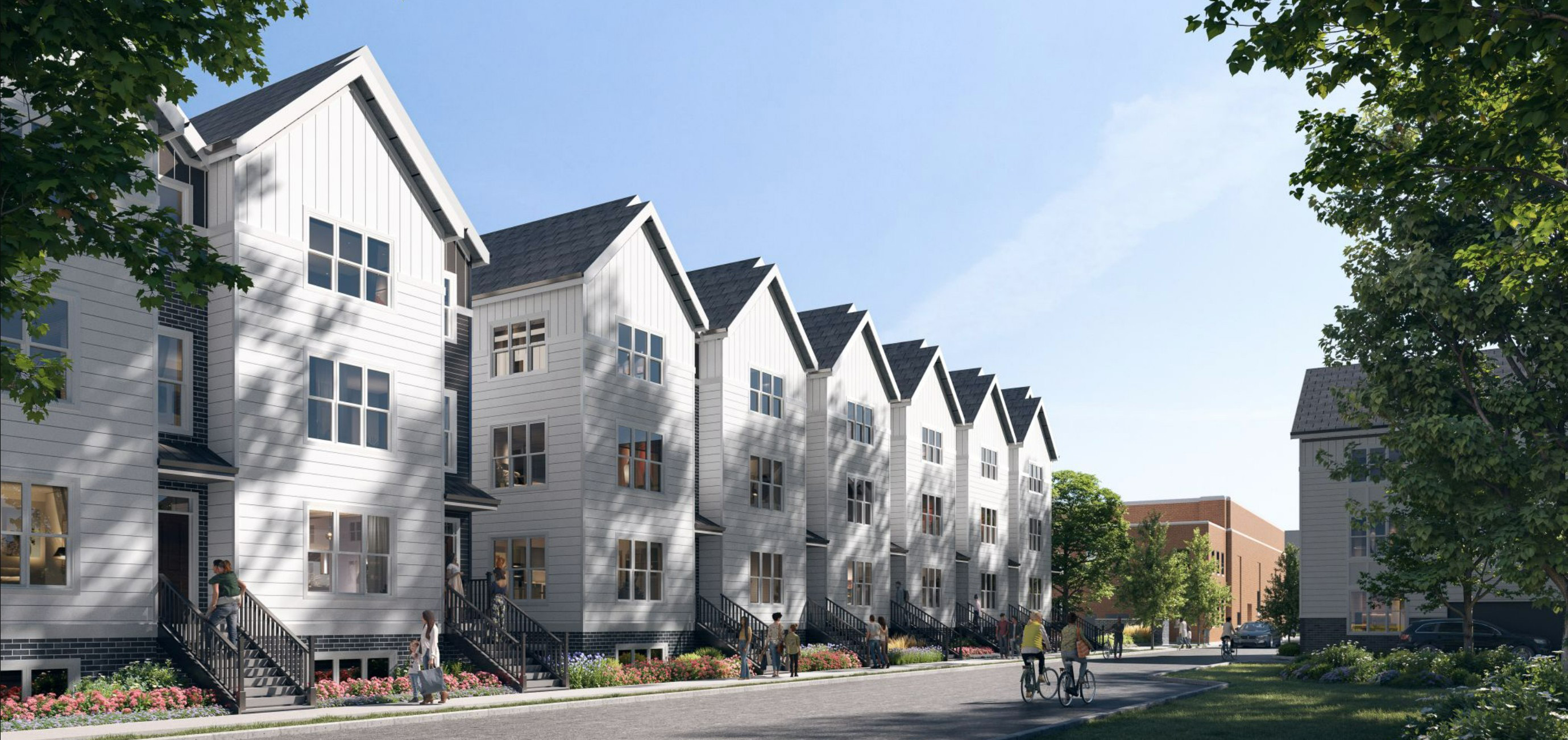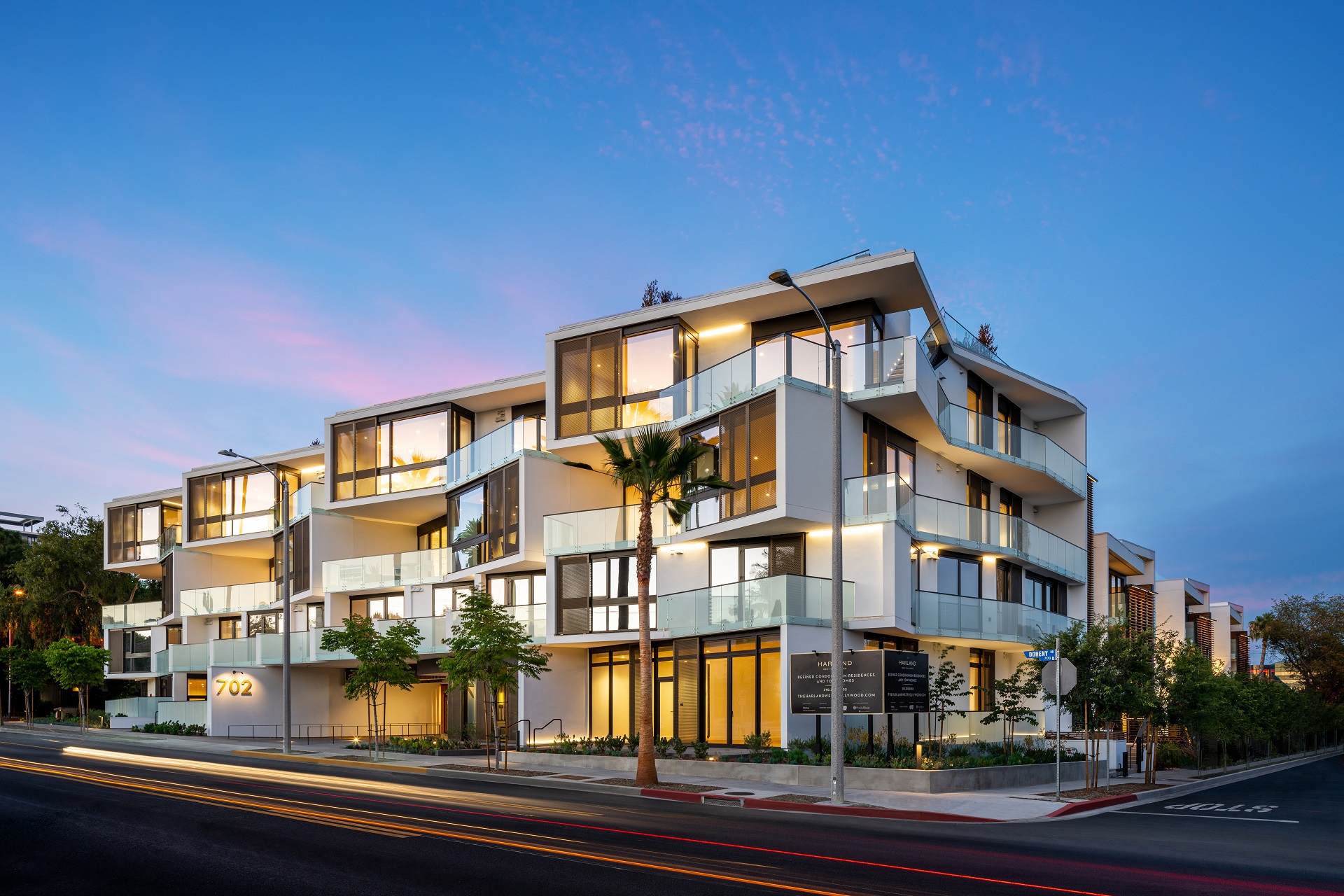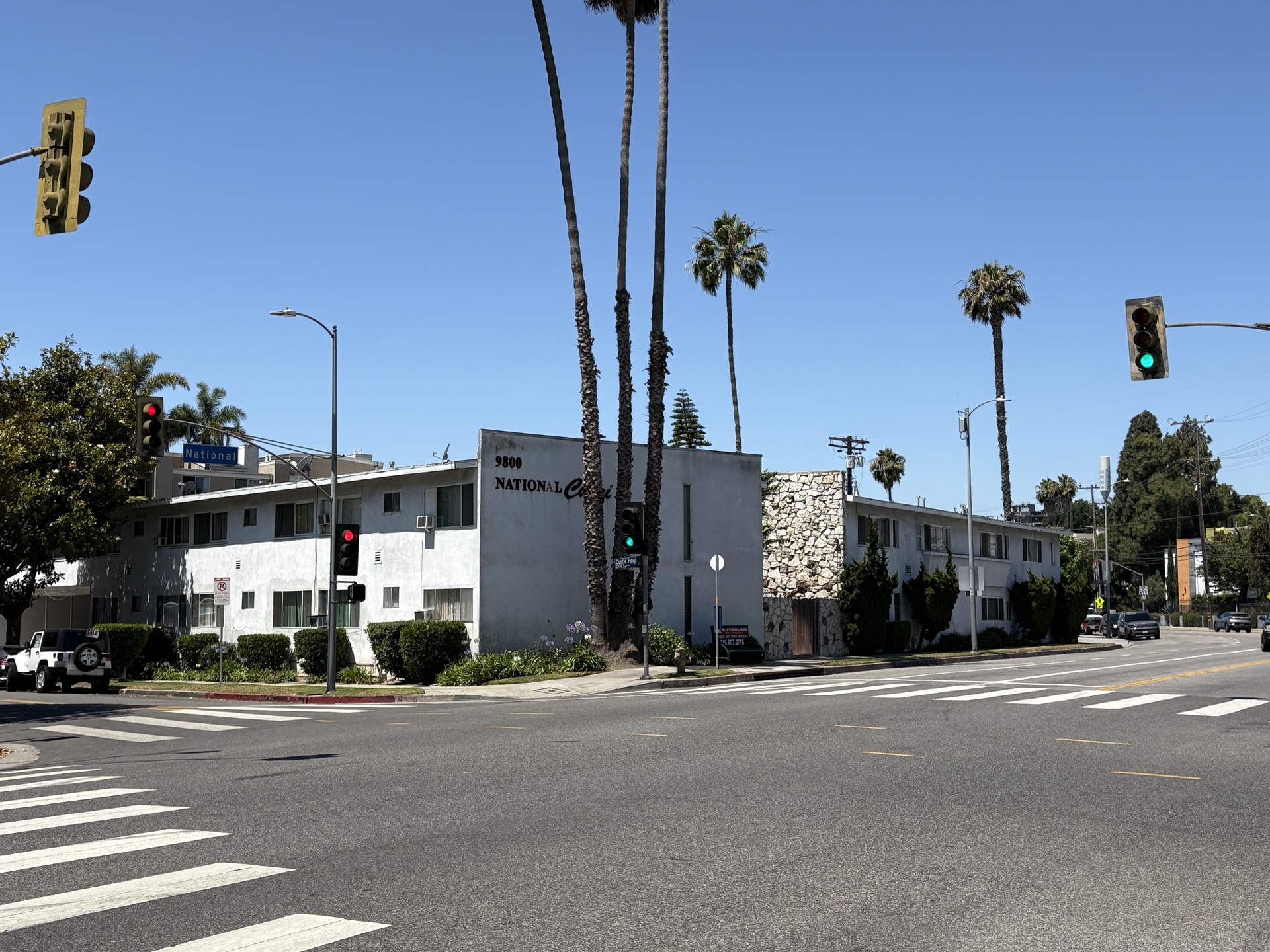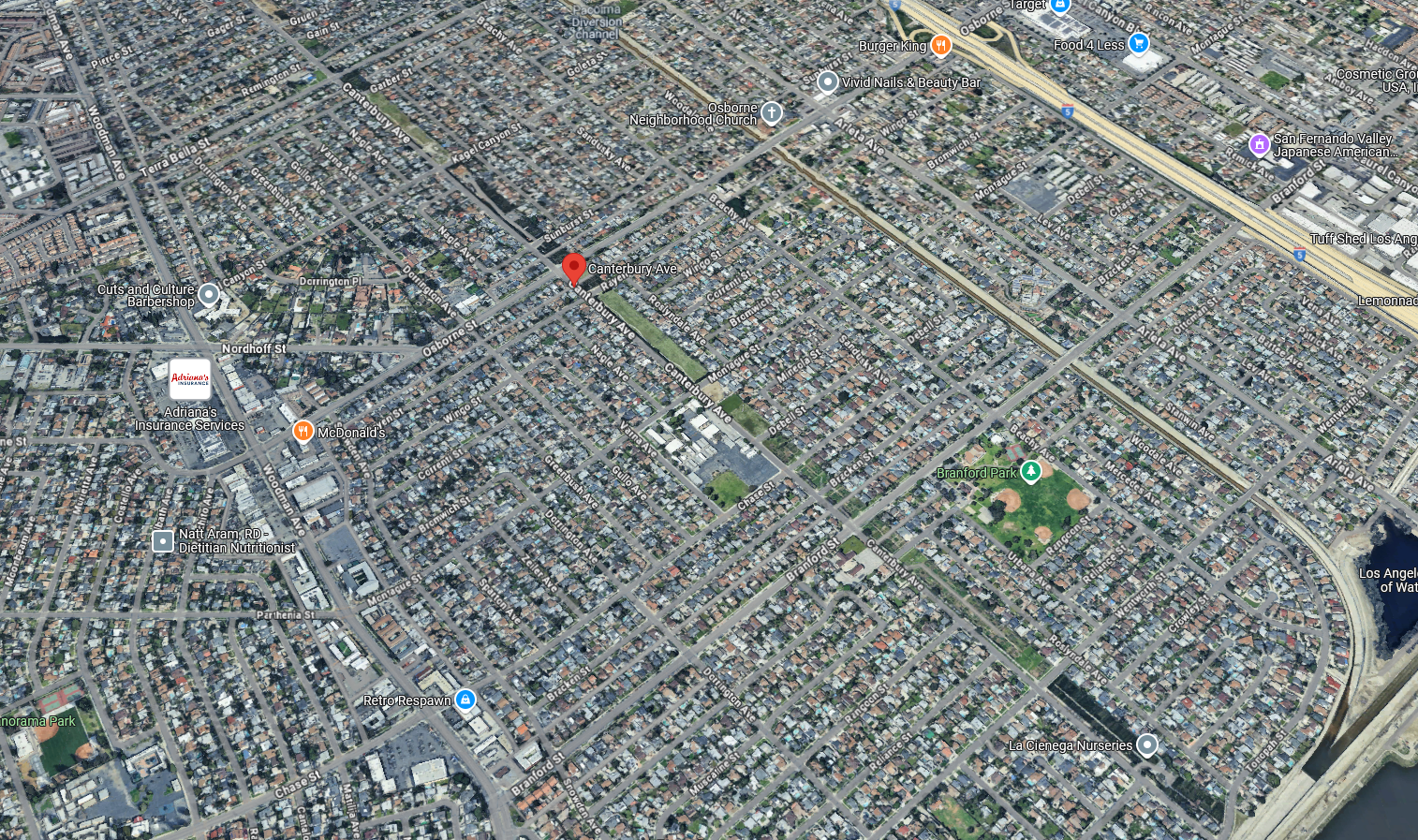📰 What Happened: Opened in 2021, Shirley Clarke Franklin Park—formerly Westside Park—was hailed as a transformative public greenspace for Atlanta’s historically underserved Westside neighborhoods. Built around a former quarry-turned-reservoir, the nearly 300-acre park promised to deliver sustainability, recreation, and equity. Four years later, the city is taking a closer look at its impact.
🔍 A Closer Look: Today, Shirley Clarke Franklin Park is a popular hub for community events, hosting 38 permitted events in 2024 alone. The park is connected to the Beltline’s Westside Trail and serves neighborhoods like Grove Park and Carver Hills. The city also introduced affordable housing and a property tax retention program. Finally, a $15 million bike park is set to break ground in late 2025.
🧠 Why It Matters: As Atlanta’s Westside continues to grow, the park’s success will depend not just on amenities, but whether longtime residents stay and benefit from the area’s rising profile. In the broader context of city planning, the park is also a test case for inclusive infrastructure—honoring the past, serving the present, and preparing for a more connected future.



